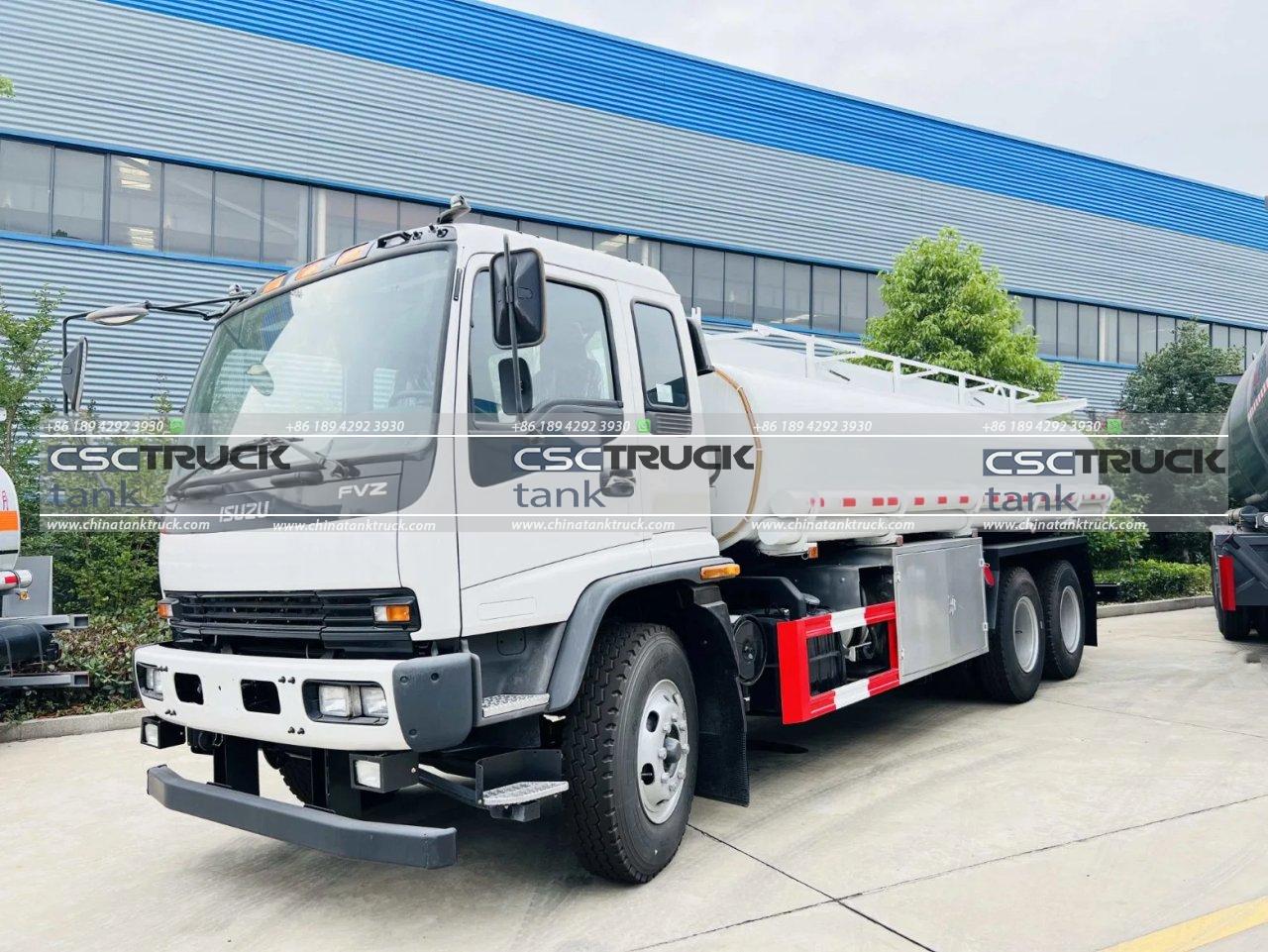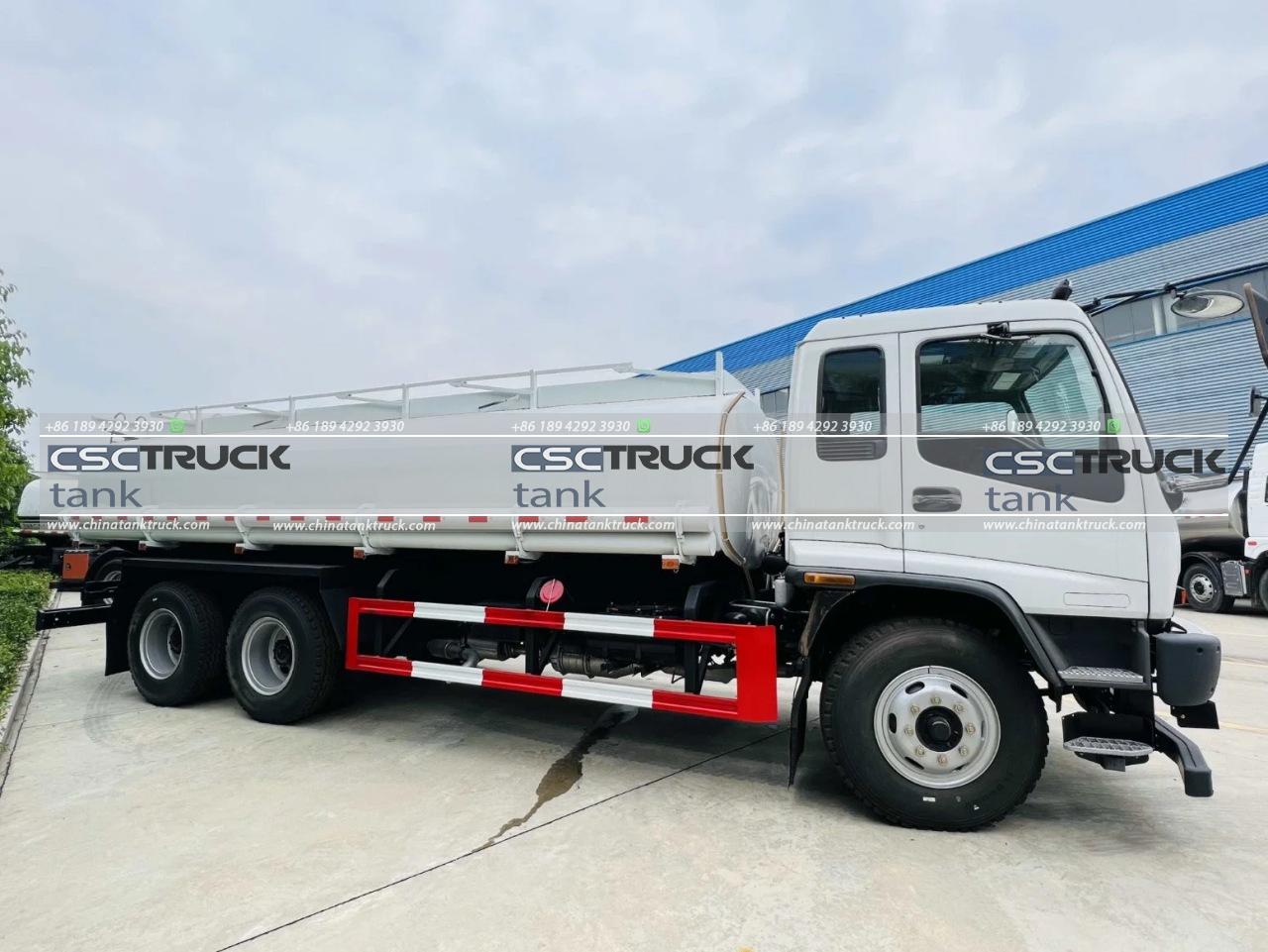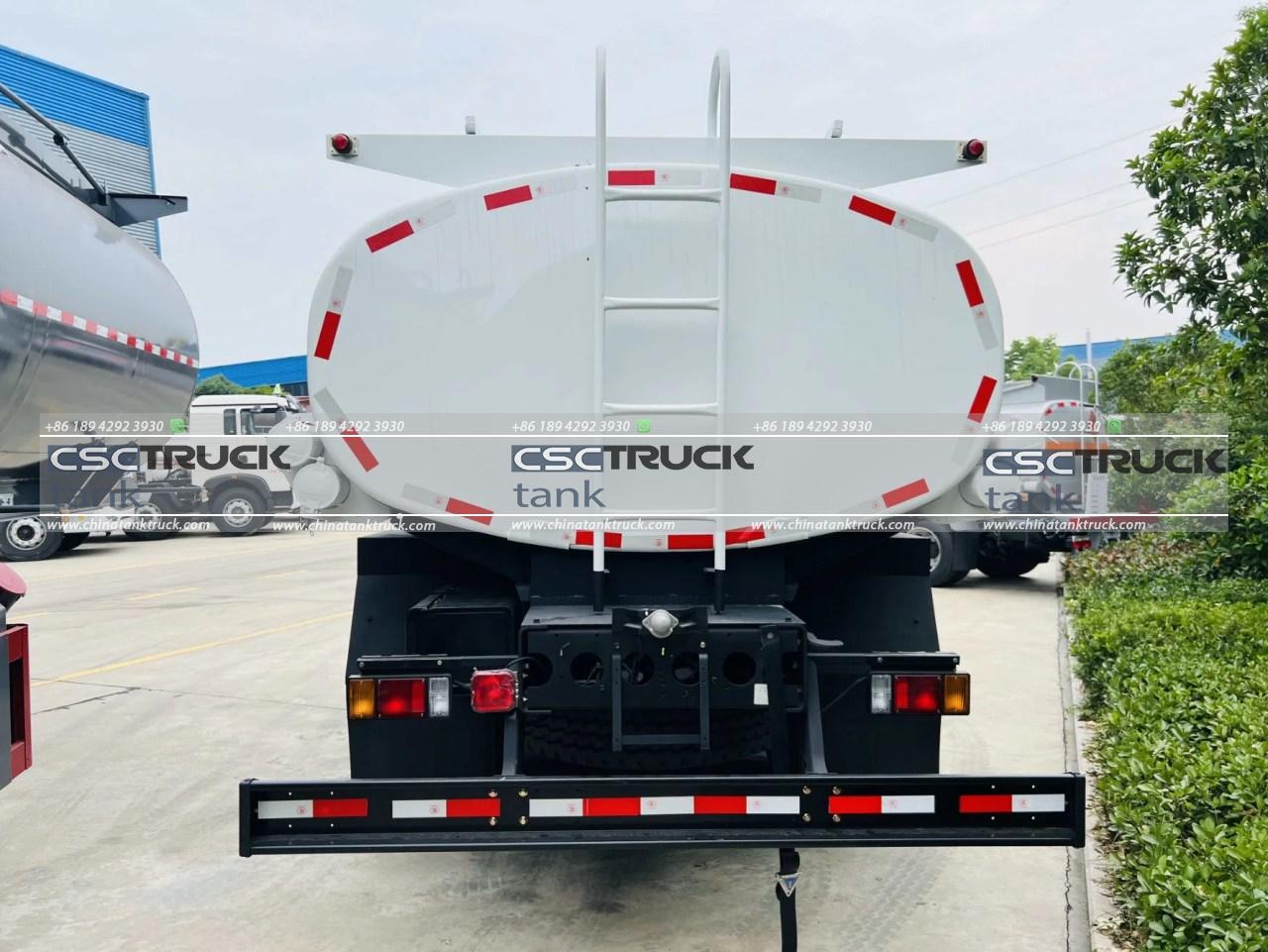Are Milk Trucks Cooled?
Milk, a staple of many diets, has a delicate nature. It’s not just a nutritional powerhouse but also a perishable product that requires careful handling to maintain its quality. This leads us to an important question: Are milk trucks cooled? Understanding the role of temperature control in the dairy supply chain reveals a lot about how we ensure the freshness and safety of milk from farm to table.
The Importance of Temperature Control
Milk is highly susceptible to spoilage, and its quality can deteriorate quickly if not properly handled. When milk is exposed to temperatures above 40°F (4°C) for extended periods, it can begin to sour and develop harmful bacteria. This makes temperature control crucial in the dairy supply chain. Effective cooling is essential not only to prevent spoilage but also to maintain the milk’s nutritional value and taste.

Milk Handling at the Farm
The journey of milk cooling starts at the farm. After milking, the milk is collected in a refrigerated tank that cools it to about 38°F (3°C) within a few hours. This initial cooling helps prevent bacterial growth and preserves the milk’s freshness. The milk is then held in these tanks until it’s time for it to be transported to a processing facility.
The Role of Milk Trucks
Milk trucks, also known as tankers or bulk milk transport vehicles, are specifically designed to transport large quantities of milk. To maintain the freshness and safety of the milk during transportation, these trucks are equipped with a sophisticated cooling system.
1. Insulated Tank Design: The tanks used in milk trucks are built with advanced insulation to minimize temperature fluctuations. This insulation helps to keep the milk cool even if the ambient temperature outside the truck is high. The design ensures that the milk remains within the safe temperature range during transit.
2. Refrigeration Units: Many milk trucks come equipped with built-in refrigeration units. These systems are similar to those found in household refrigerators but are designed for larger volumes and higher efficiency. The refrigeration units continuously circulate cold air around the milk, maintaining a consistent temperature throughout the journey.
3. Temperature Monitoring: Modern milk trucks are often fitted with temperature monitoring devices. These devices provide real-time data on the milk’s temperature and alert the driver or fleet manager if it deviates from the optimal range. This constant monitoring helps ensure that any issues with temperature control are addressed promptly.

Logistics and Operational Considerations
The logistics of transporting milk involve more than just cooling. Milk trucks are part of a larger network that includes farms, processing plants, and distribution centers. Efficient scheduling and route planning are crucial to minimize the time milk spends in transit. The shorter the transport time, the less strain is placed on the cooling systems and the fresher the milk remains.
Additionally, proper cleaning and maintenance of milk trucks are essential. Residues from previous loads or even small amounts of spoilage can affect the quality of the milk being transported. Regular cleaning protocols and inspections ensure that the trucks remain hygienic and effective in their cooling duties.
Innovations in Milk Transport
The dairy industry continues to innovate in the field of milk transportation. New technologies and improvements are constantly being integrated into milk trucks to enhance cooling efficiency and overall performance.
1. Advanced Insulation Materials: Research into new insulation materials has led to improvements in how well milk trucks maintain temperature. These materials offer better thermal resistance and can help keep the milk cooler for longer periods.
2. Improved Refrigeration Technology: Advances in refrigeration technology, such as energy-efficient compressors and better cooling mechanisms, contribute to more effective temperature control and lower energy consumption.
3. IoT and Smart Technology: The Internet of Things (IoT) has made its way into milk transport with smart sensors and tracking systems. These technologies provide detailed insights into the conditions of milk during transport and allow for proactive management of potential issues.

Challenges and Solutions
Despite advancements in technology, challenges remain in ensuring that milk trucks consistently meet cooling requirements. One challenge is the variability in ambient temperatures, which can put additional stress on the cooling systems. Additionally, breakdowns or malfunctions in refrigeration units can compromise milk quality.
1. Maintenance and Training: Regular maintenance and staff training are critical to mitigating these challenges. Ensuring that milk trucks are well-maintained and that drivers and operators are trained in proper procedures can prevent many issues related to temperature control.
2. Backup Systems: Some fleets use backup cooling systems or auxiliary power sources to address potential failures in the primary refrigeration units. These systems can provide a safety net in case of unexpected breakdowns.
3. Rapid Response: Having protocols in place for rapid response to cooling issues can also make a difference. For instance, if a truck experiences a refrigeration problem, having a system in place to quickly transfer the milk to another vehicle can help preserve its quality.
Conclusion
Yes, milk trucks are cooled, and this cooling is a critical aspect of ensuring the quality and safety of milk as it travels from farm to consumer. Through a combination of insulated tank designs, refrigeration units, and advanced monitoring systems, the dairy industry works diligently to keep milk at the optimal temperature during transport. Ongoing innovations and rigorous maintenance practices further enhance the effectiveness of these systems, helping to deliver fresh and nutritious milk to our tables.
In the end, the cooling systems in milk trucks are a testament to the importance of precision and care in the dairy supply chain. They represent a crucial element in the broader effort to provide high-quality milk while safeguarding public health and maintaining industry standards.


